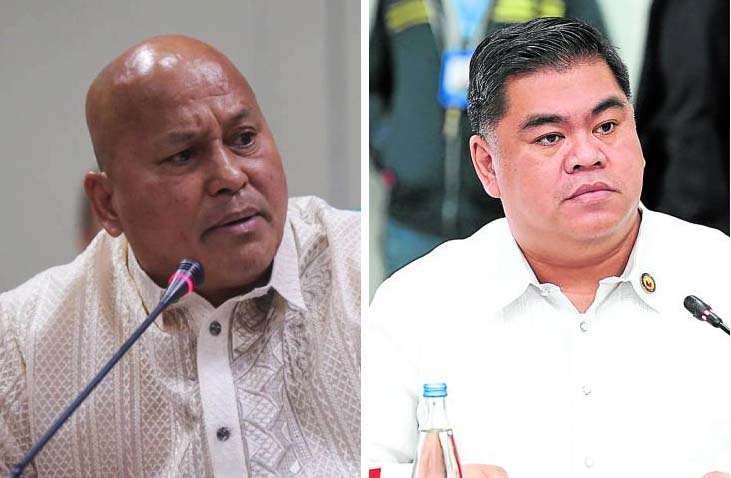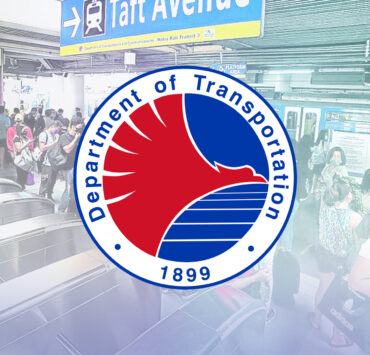Dela Rosa accused of double standard

Didn’t you also invoke parliamentary courtesy to dodge the quad committee hearings of the House of Representatives last year, a leader of the chamber asked Sen. Ronald “Bato” dela Rosa on Friday.
House Deputy Majority Leader Jude Acidre of the Tingog party list threw the question at the senator after Dela Rosa suggested that Cabinet secretaries be subpoenaed to an investigation of the Senate foreign affairs committee.
The House hearing was purportedly meant to look into the March 11 arrest of former President Rodrigo Duterte on a warrant issued by the International Criminal Court (ICC) in the Netherlands.
In a press conference, Acidre pointed out the perceived double standard of the senator, who himself dodged several invitations by the House quad committee’s inquiry into the extrajudicial killings during the Duterte administration’s war on drugs.
Repeated invitations
Dela Rosa was repeatedly invited by the quad committee as a resource person in his capacity as former Philippine National Police chief, who enforced Duterte’s antidrug war that was officially acknowledged to have killed more than 6,000 people.
However, the former PNP chief had always invoked interparliamentary courtesy “and if you recall, the House respected that and never insisted on his presence,” Acidre said.
“Even the House has respected the principle of interparliamentary courtesy for our colleagues in the Senate when Sen. Bato [snubbed us],” Acidre said.
“It would have been nice if he had faced the quad committee and other related hearings by the House, but because of that principle, we never insisted on that and we respected his standing as a senator,” the congressman added.
Acidre said the Senate foreign affairs committee appears unwilling to offer the same respect, after Malacañang informed the panel that it would not participate in the hearing, to be chaired by Sen. Imee Marcos, under the doctrine of executive privilege.
Separation of powers
Executive privilege in the Philippines refers to the executive branch’s right to withhold information from the congressional or judicial branches of government when the need for confidentiality outweighs the need for transparency and disclosure.
The Supreme Court affirmed the applicability of executive privilege in “Senate v. Ermita” and “Neri v. Senate Committee on Accountability of Public Officers and Investigations” in 2008.
The doctrine stems from the principle of separation of powers that also underscores the “parliamentary courtesy” invoked by Dela Rosa when he was summoned by the House.
“That’s a hard stance to maintain, that they would now be the one to take it the wrong way when a coequal branch invokes that privilege,” Acidre said.
“Just as we respected interparliamentary courtesy, so should the Senate also respect the Executive,” argued the representative, an ally of Speaker Martin Romualdez.
Dela Rosa appeared to had gone into hiding after Duterte was arrested by the International Criminal Police Organization (Interpol) and brought to The Hague on charges of crimes against humanity.
The senator previously said he would not surrender to Interpol, if the ICC also orders his arrest for his part in Duterte’s antidrug war.
But he appeared for the first time in public during that hearing on Thursday, when he accused the Marcos administration of being complicit in a cover up about Duterte’s arrest.
Acidre also challenged the Senator to be “just as visible and as responsive” as he now demands the Palace when he is being sought “for other reasons.”
“No lawsuit or arrest warrant has been served against him so it is better that we see him working even during the campaign period,” Acidre said.

















